In the realm of temperature measurement, two prominent technologies have emerged: thermal cameras and infrared thermometers. While both serve the purpose of detecting heat, the capabilities of thermal cameras far surpass those of their infrared counterparts. This article delves into the reasons why thermal cameras are the superior choice for a variety of applications.
Understanding Thermal Cameras
A thermal camera, also known as a thermographic camera, is a device that captures thermal images of objects and converts them into temperature measurements. Unlike contact thermometers, thermal cameras offer non-contact temperature measurement, providing a safe and efficient way to detect heat patterns.
Infrared Thermometers: The Basic
Infrared thermometers measure temperature by detecting the infrared energy emitted by an object. They are popular for their ease of use and quick readings. However, they have limitations in terms of accuracy and the inability to measure multiple points simultaneously.
Comparative Analysis
Accuracy
Thermal cameras provide a higher degree of accuracy due to their ability to capture a wider range of temperatures and detect minute temperature differences. This precision is crucial in applications such as medical diagnostics and quality control in manufacturing.
Speed
One of the key advantages of thermal cameras is their speed. They can measure the temperature of multiple points in an area almost instantaneously, whereas an infrared thermometer can only measure one point at a time.
Ease of Use
Thermal cameras often come with user-friendly interfaces that allow for easy navigation and interpretation of thermal images. This makes them accessible to users without specialized training.
Applications and Use Cases
Industrial Applications
In industries, thermal cameras are used for predictive maintenance, detecting heat signatures that indicate potential equipment failure before it happens. They also ensure quality control by identifying temperature inconsistencies in products.
Medical Applications
In the medical field, thermal cameras are invaluable for fever screening, allowing for quick and safe temperature checks without physical contact. They also assist in remote patient monitoring, providing thermal images for analysis.
Security Applications
For security purposes, thermal cameras can be used for monitoring and perimeter protection, detecting heat signatures of intruders even in the dark.
Health and Safety Considerations
The non-contact nature of thermal cameras reduces the risk of cross-contamination, making them ideal for environments where hygiene is paramount. They also support social distancing measures by allowing temperature checks from a distance.
Cost-Effectiveness
While thermal cameras may have a higher initial cost, they offer long-term savings through increased efficiency and reduced downtime. The ability to detect issues early can prevent costly repairs and replacements.
Technical Specifications to Consider
When choosing a thermal camera, consider its resolution, sensitivity, and range. Also, look for cameras with software compatibility and reporting features that suit your needs.
Thermal cameras offer superior accuracy, speed, and versatility compared to infrared thermometers. They are an investment that pays off in various applications, from industrial to medical and security sectors. As you consider your temperature measurement needs, a thermal camera should be at the top of your list.
Explore our selection of thermal cameras today and take the first step towards more accurate and efficient temperature measurement solutions.
FAQs
Q: Are thermal cameras difficult to use?
A: No, modern thermal cameras are designed with user-friendly interfaces.
Q: Can thermal cameras detect temperature in the dark?
A: Yes, thermal cameras detect heat signatures, making them effective in low-light conditions.





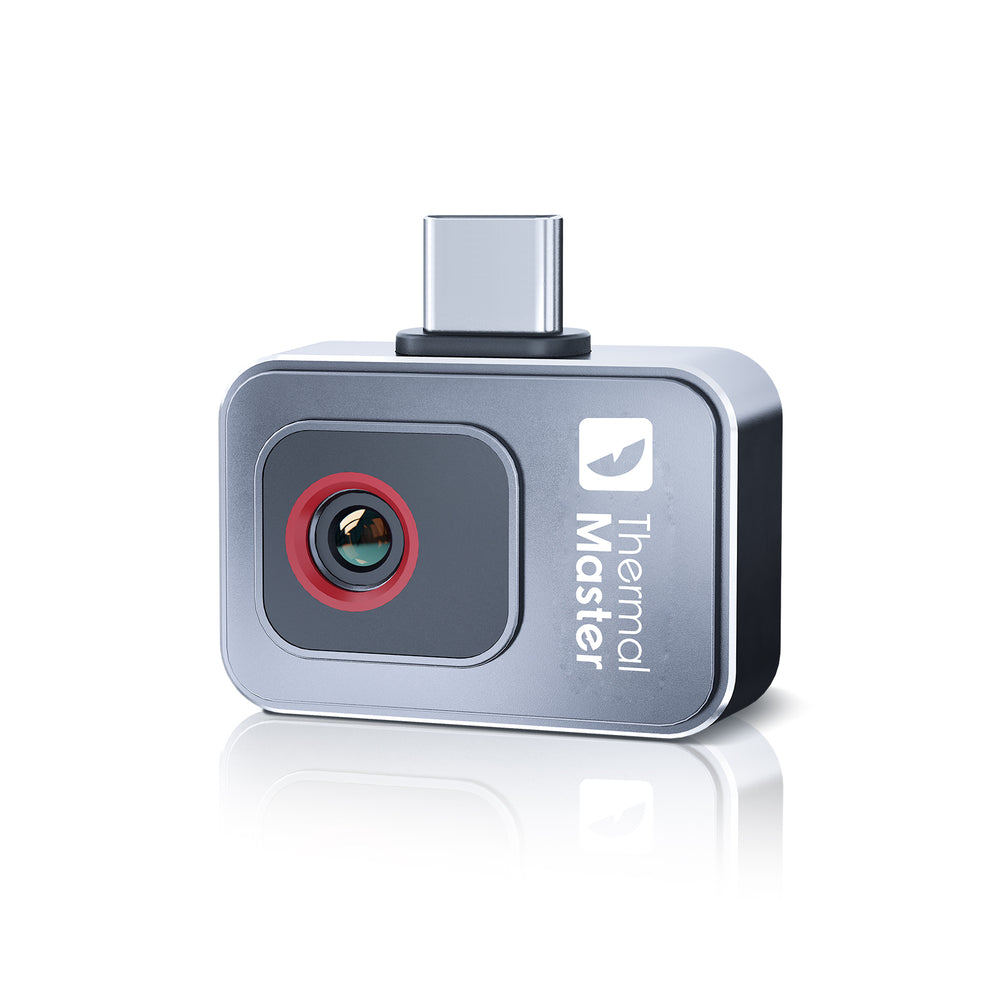
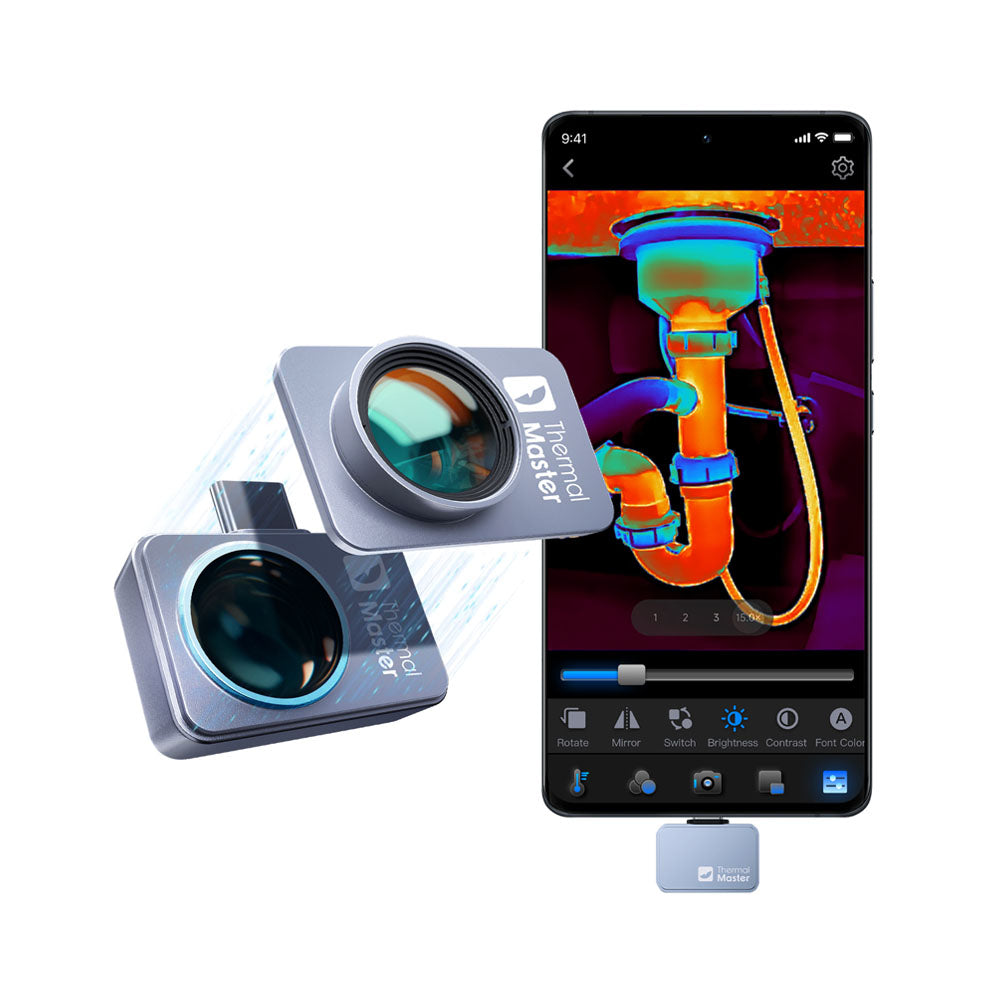

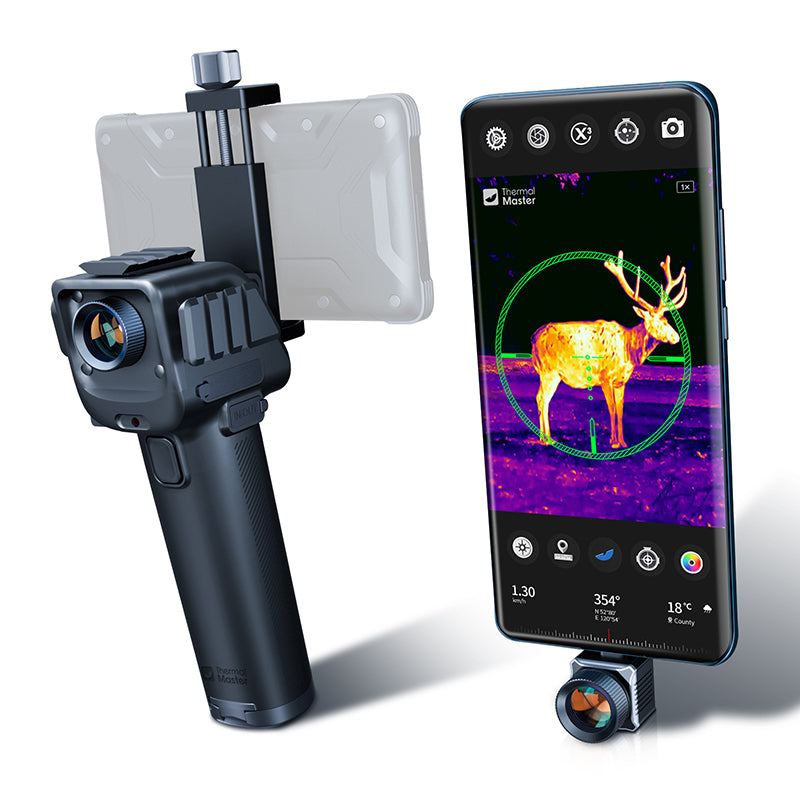
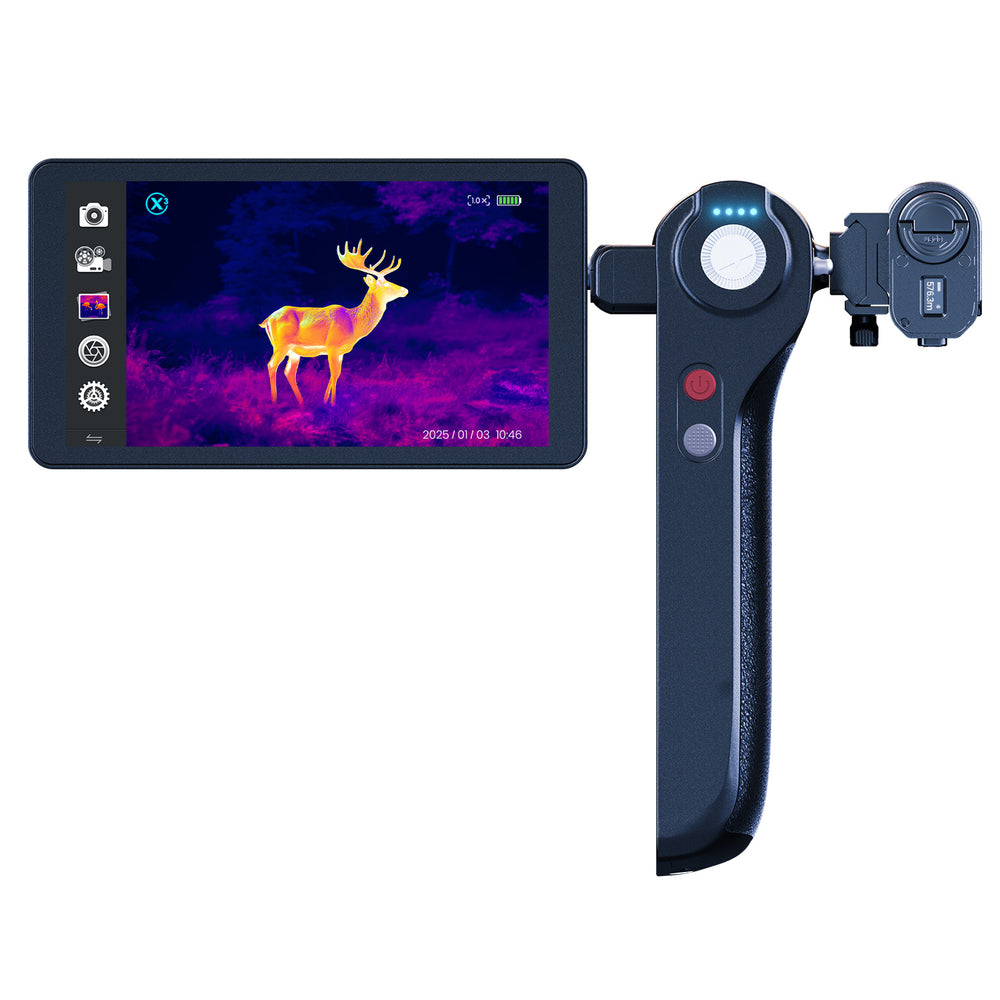
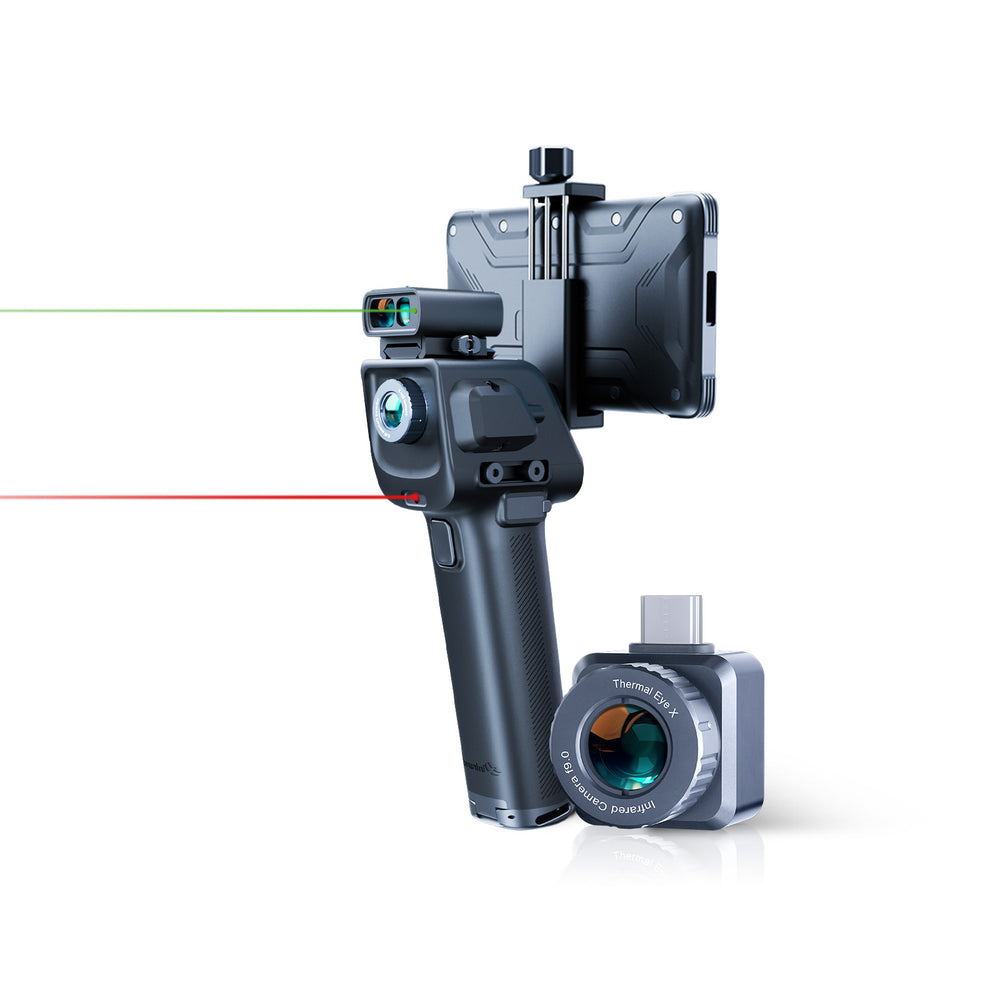
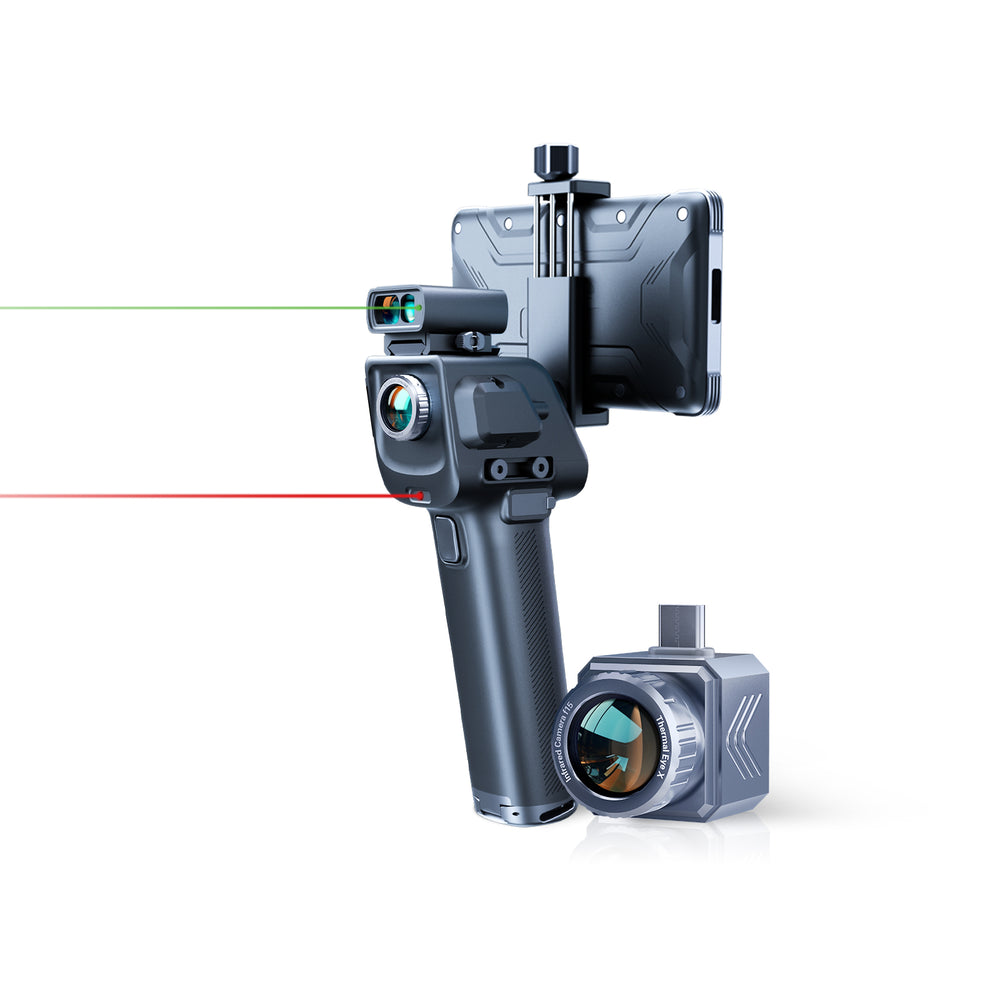
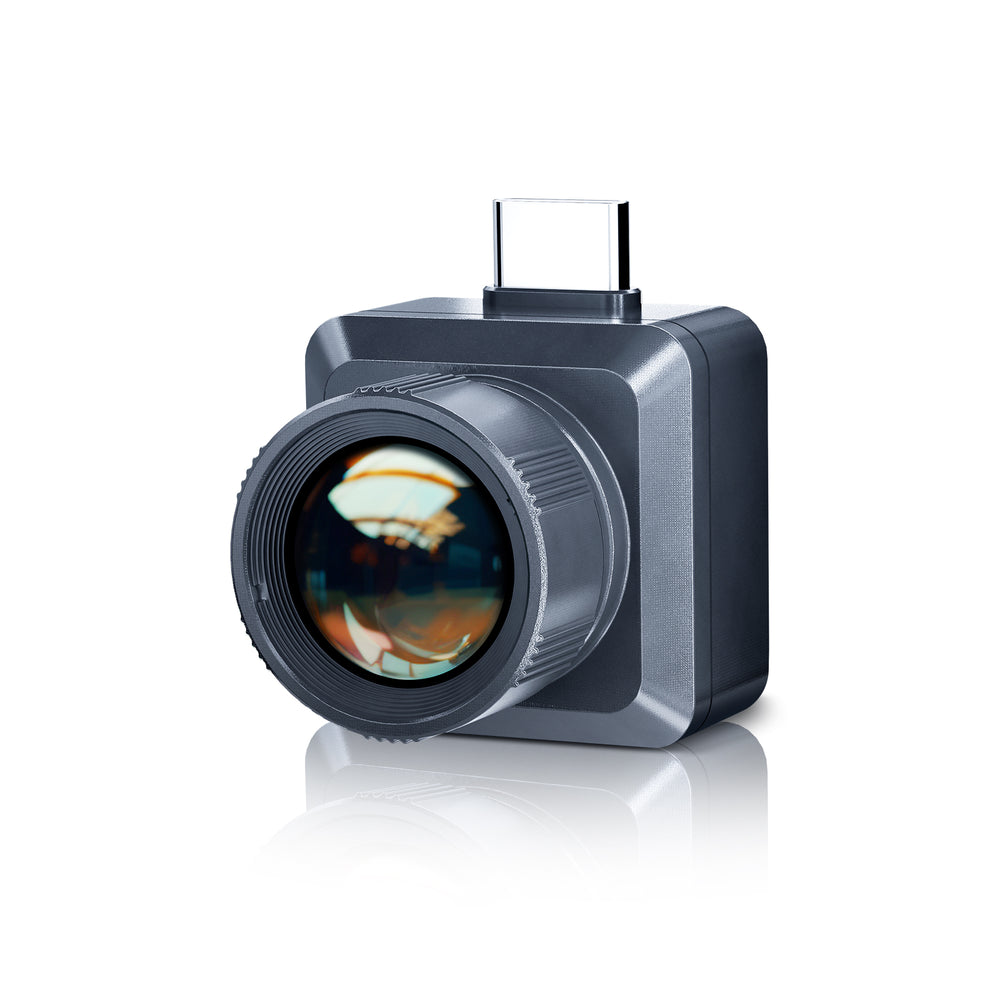
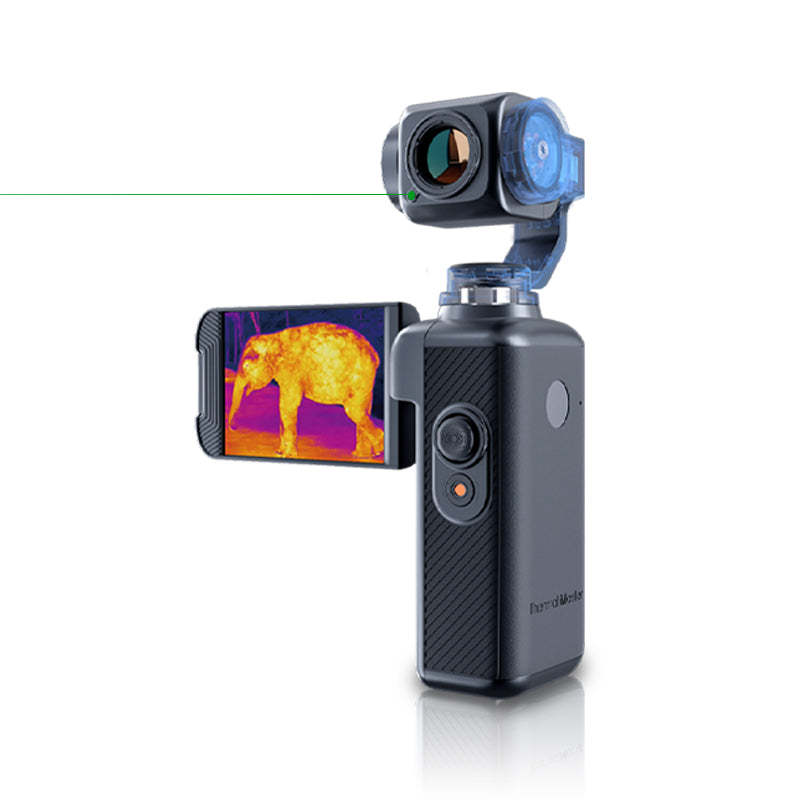
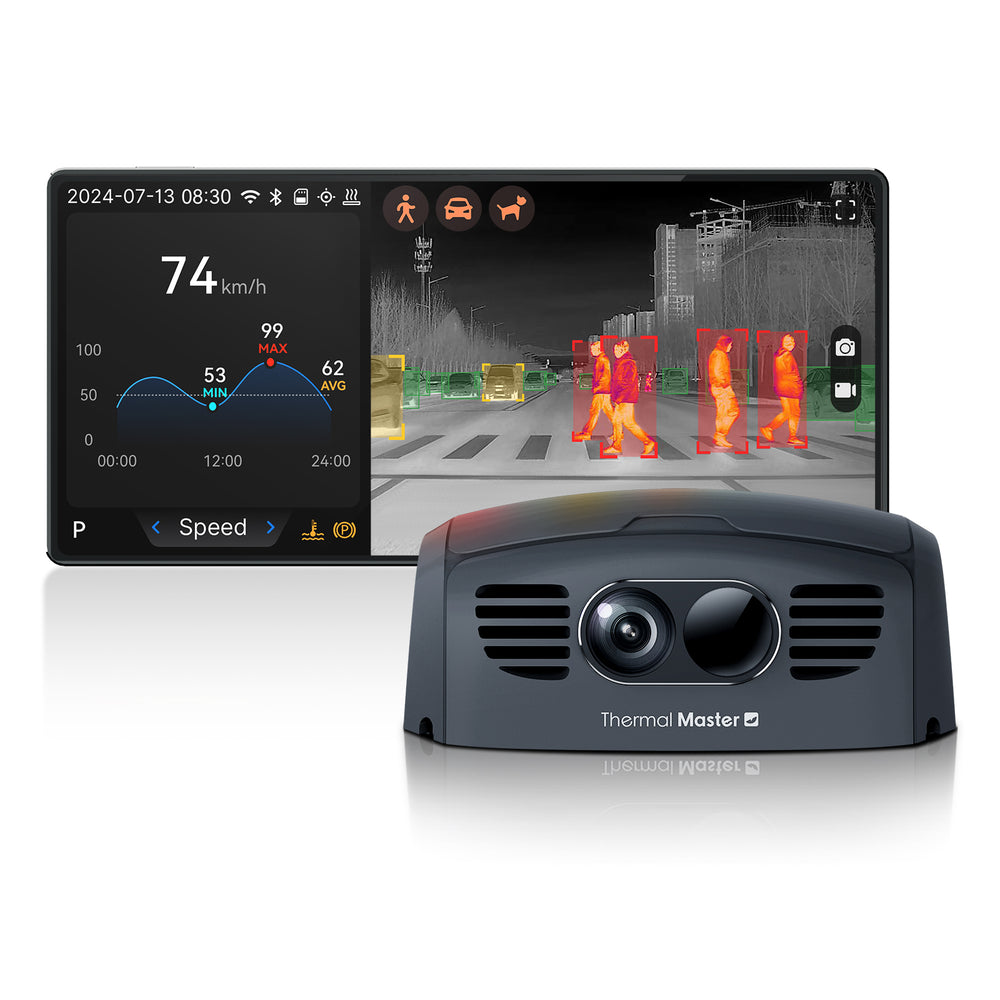
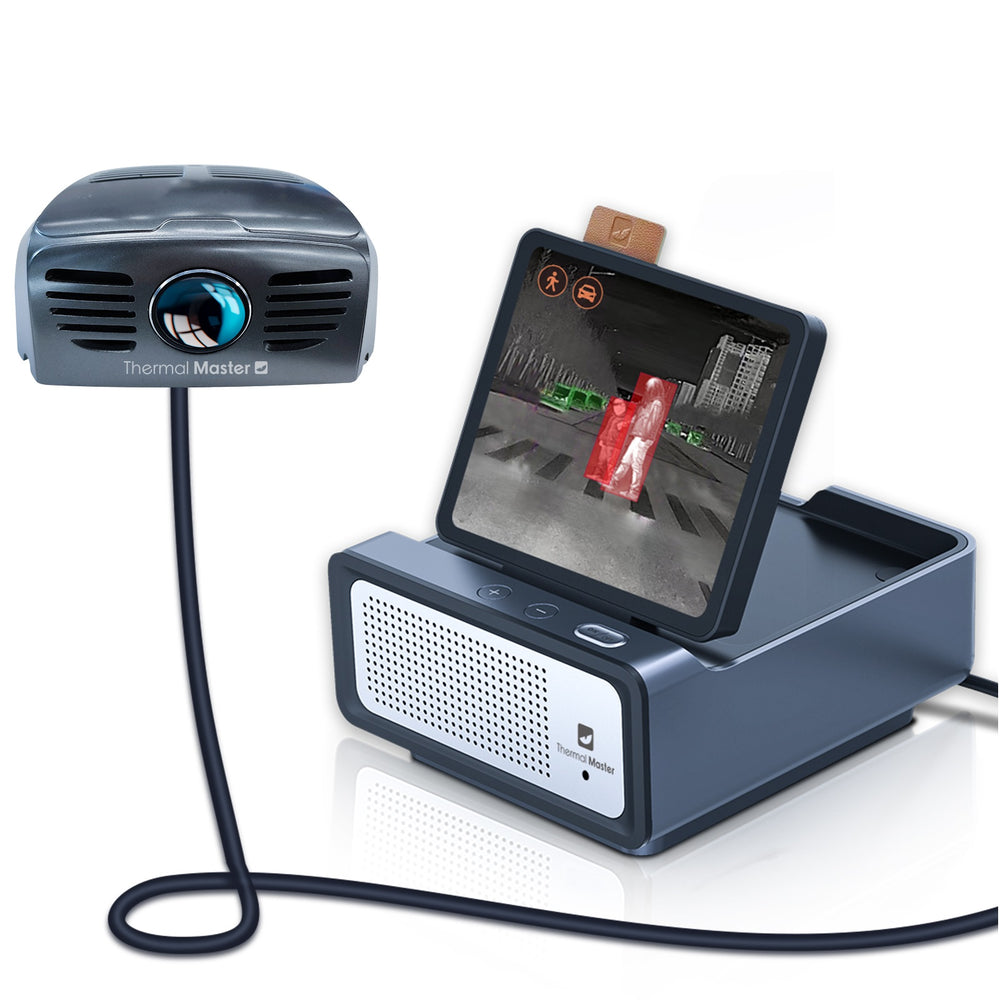
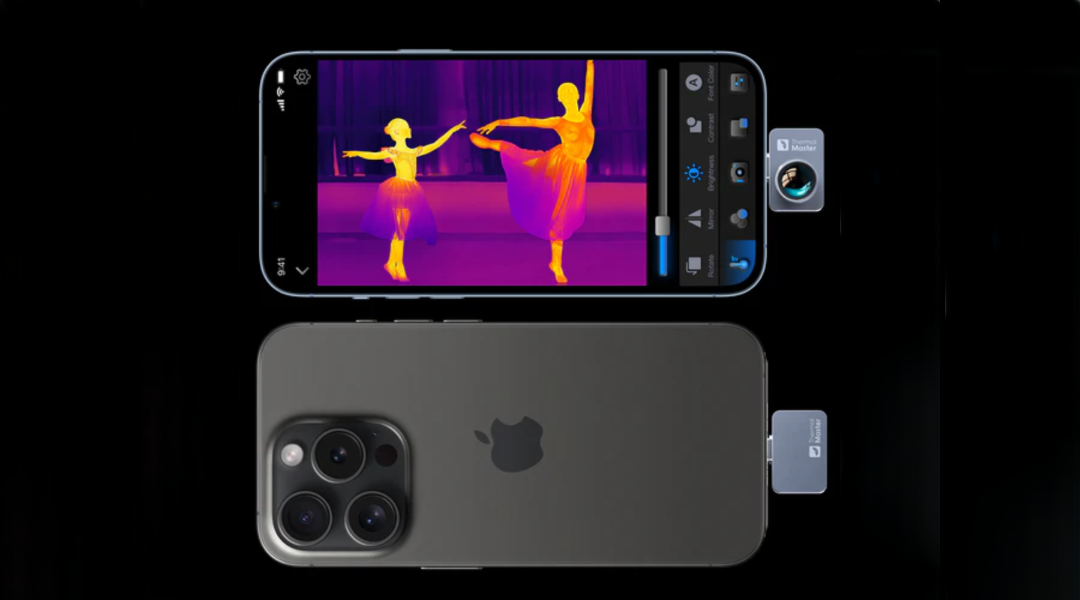
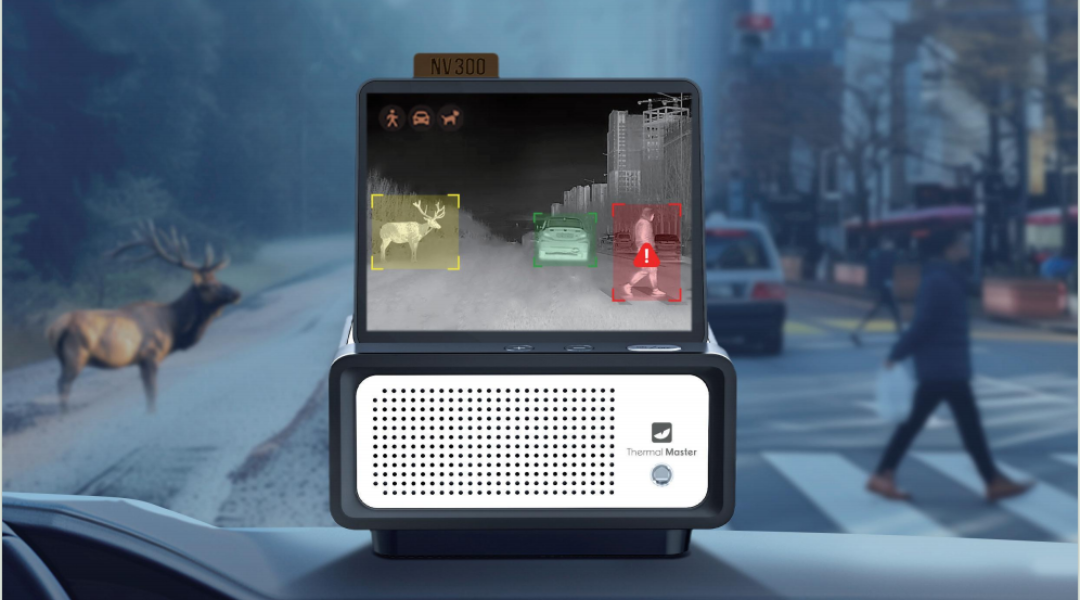
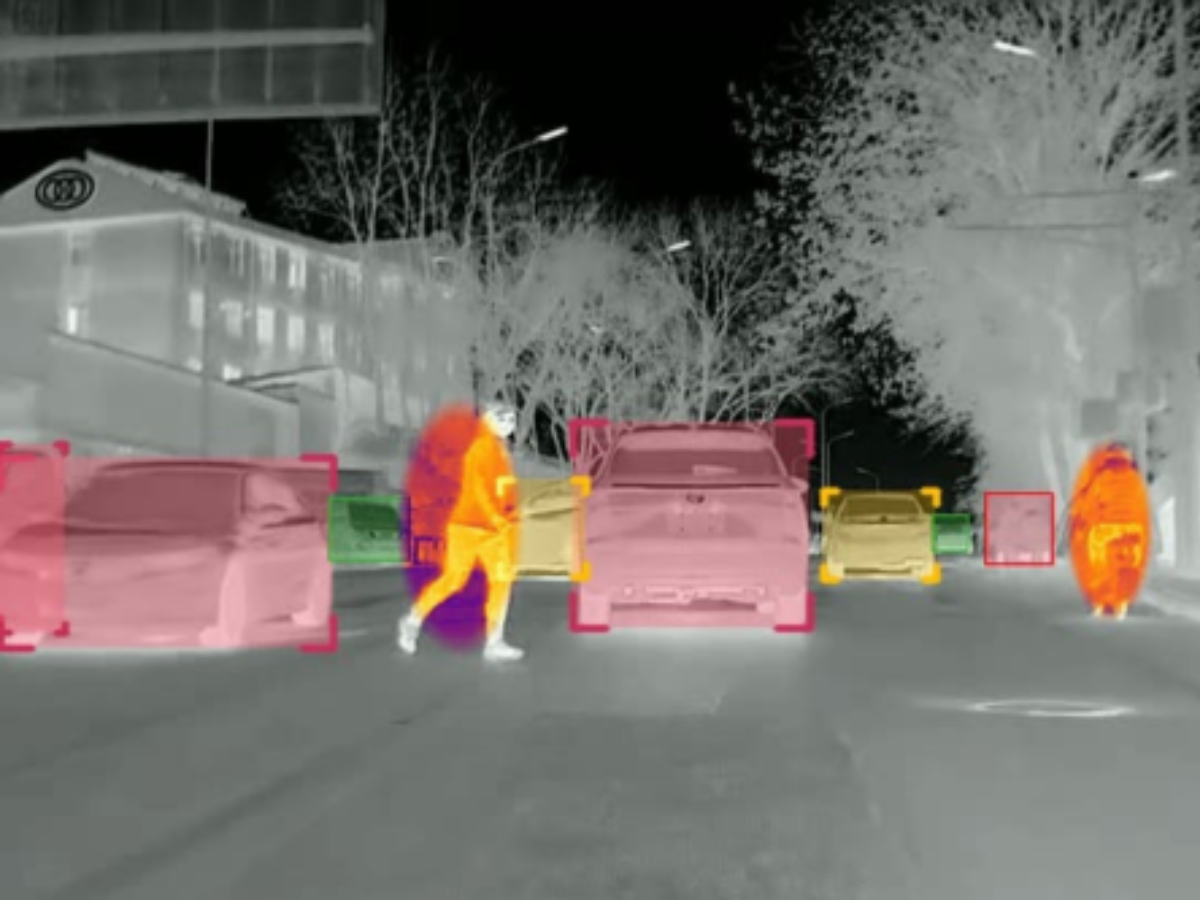
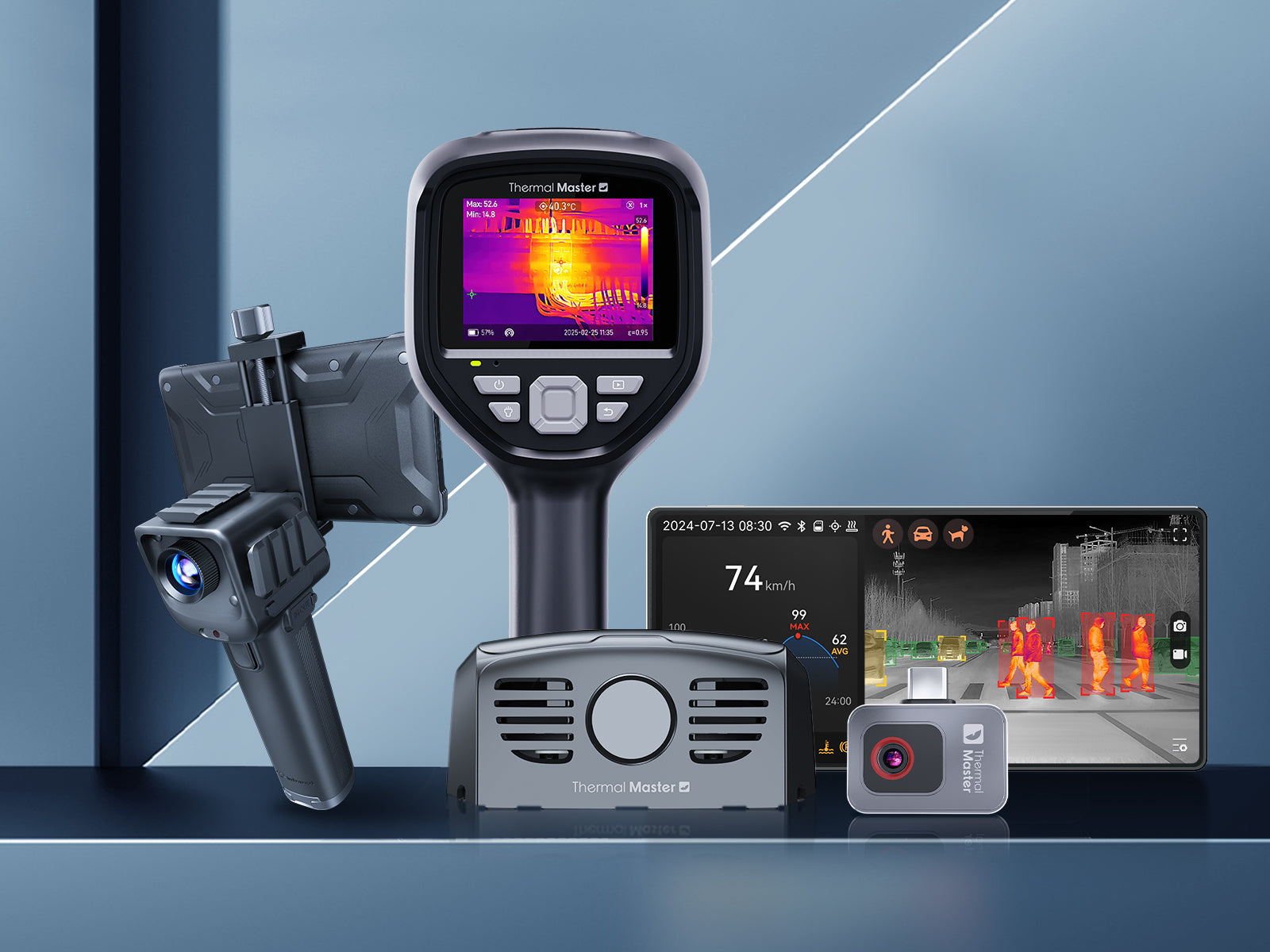
Leave a comment
All comments are moderated before being published.
This site is protected by hCaptcha and the hCaptcha Privacy Policy and Terms of Service apply.